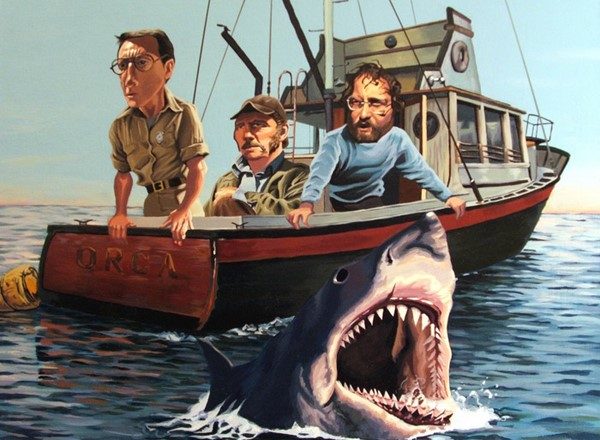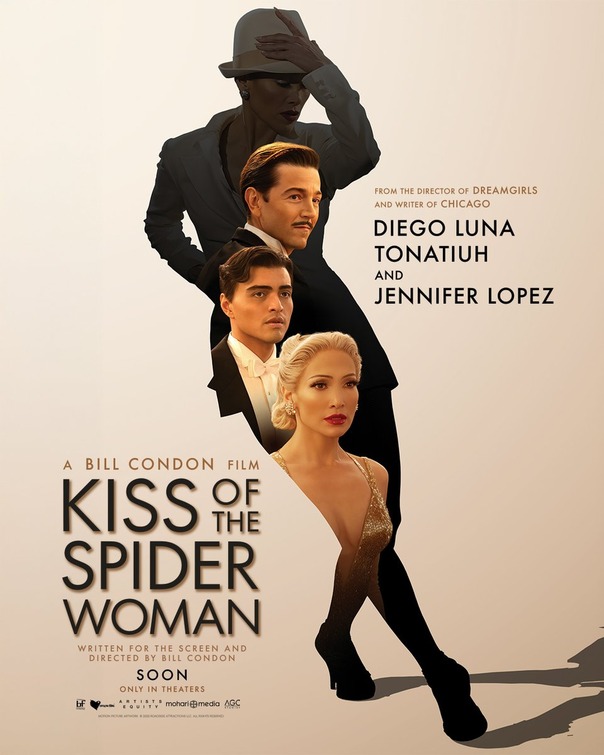I barely remembered the original “Zootopia” film from 2016. That is nine years ago, a long time for a sequel, and for a group of kids, forever. Imagine you saw this when you were eight, and loved it. Now imagine you are seventeen and a new edition is coming out. Do you think kids in their late teens are going to relate to the movie the same way they did nearly a decade earlier? I doubt it. So how is this going to work? It’s simple, Make the film completely independent of what happened in the first movie, and that’s what Disney has done.
The original film had pretentions of social relevance, using animals as allegories for human prejudice. If there were a Disney film that you could point to with a social justice agenda, “Zootopia” would be it. In “Zootopia 2” however, almost all of that intersectional thought has been put into one minor basket, and the film is now replete with animal puns, takeoffs on memes and references to other movies, almost all of which provoke a chuckle without an inkling of Social Justice. This is a buddy cop movie with fur.
The original characters of Judy the rabbit and Nick the fox, are back, and now they are partners in the police department of Zootopia. They are treated as rookies and the accomplishments they made in the first film are memory holed by the other cops so that the new partners can be belittled, and shunted to the side on important police actions. Judy of course is never going to be side lined and Nick is never going to be perturbed by anything. They are the usual mis match of Type A and Gen Z. A new plot crops up and of course, the duo are destined to get involved. It feels surprisingly like a Lethal Weapon film, only without the bloody violence. A ton of secondary characters weave in and out of the story, providing comic relief and plot points along the way. The fact that the new Mayor is the opposite of a mare, is a joke that will probably be missed, but with Patrick Warburton supplying the voice of the equine executive, who cares? he almost steals every scene he is in with his mane.
The convoluted plot is really just an excuse to run our heroes through a series of fun chases through the different parts of Zootopia, so that we can get in jokes about as many species as possible. The aversion to reptiles is as close as the movie comes to making any social comment, and the snake images are fun when we get to the climate control McGuffin that powers the plot. Ginnifer Goodwin and Jason Bateman are holding onto the original character voices and doing as much as a voice actor can to bring life to the animated critters.
The movie is good looking, and the music is fun, but if does feel long for a film directed at kids. There is actually more stuff that the adults will appreciate. My very young grand niece and nephew were a little antsy halfway through the film, but their Mom and Dad seemed to be engaged. It is a solid film, but I don’t expect to remember it any better tahn the first film, regardless of how much money it makes.












